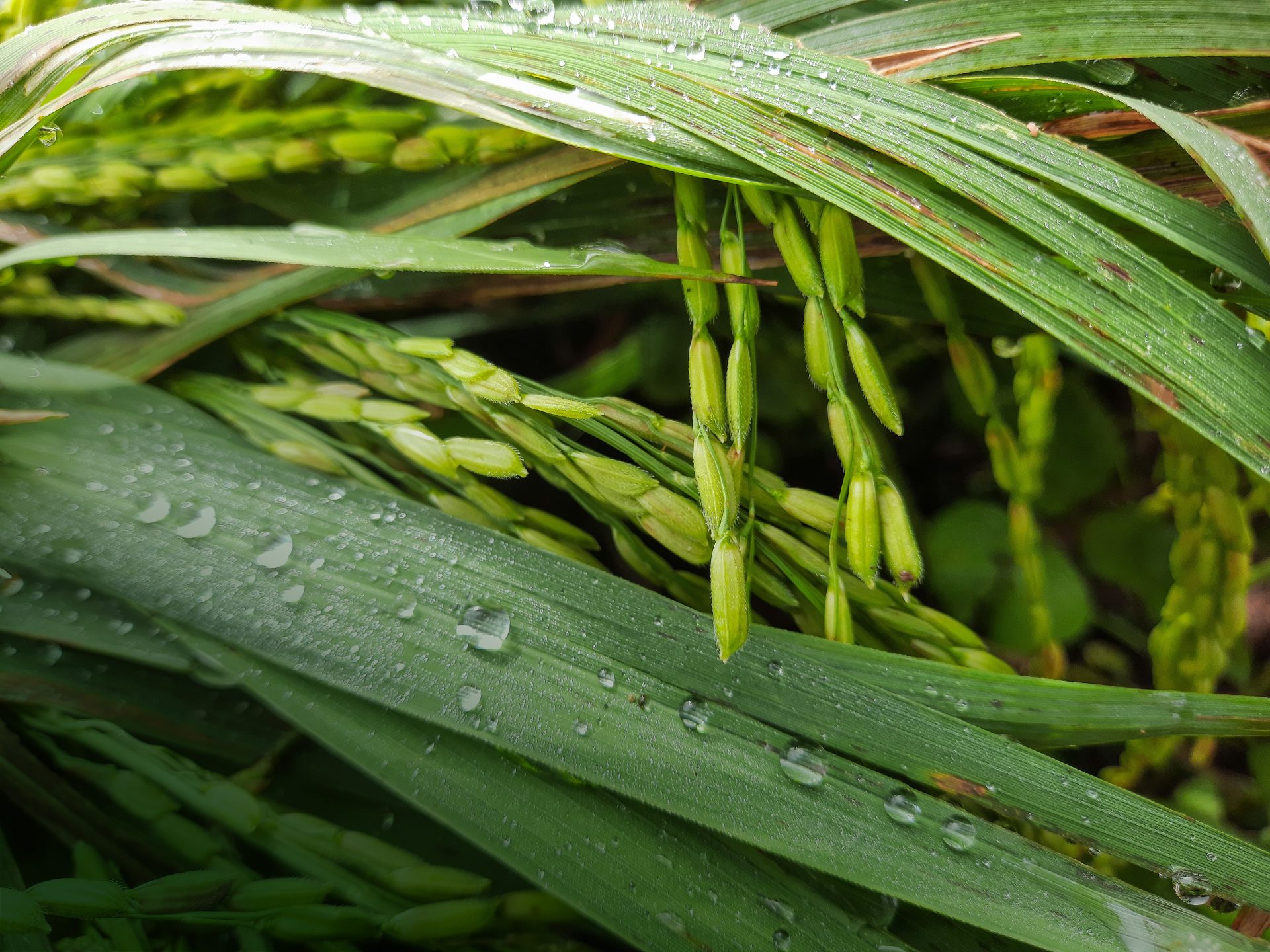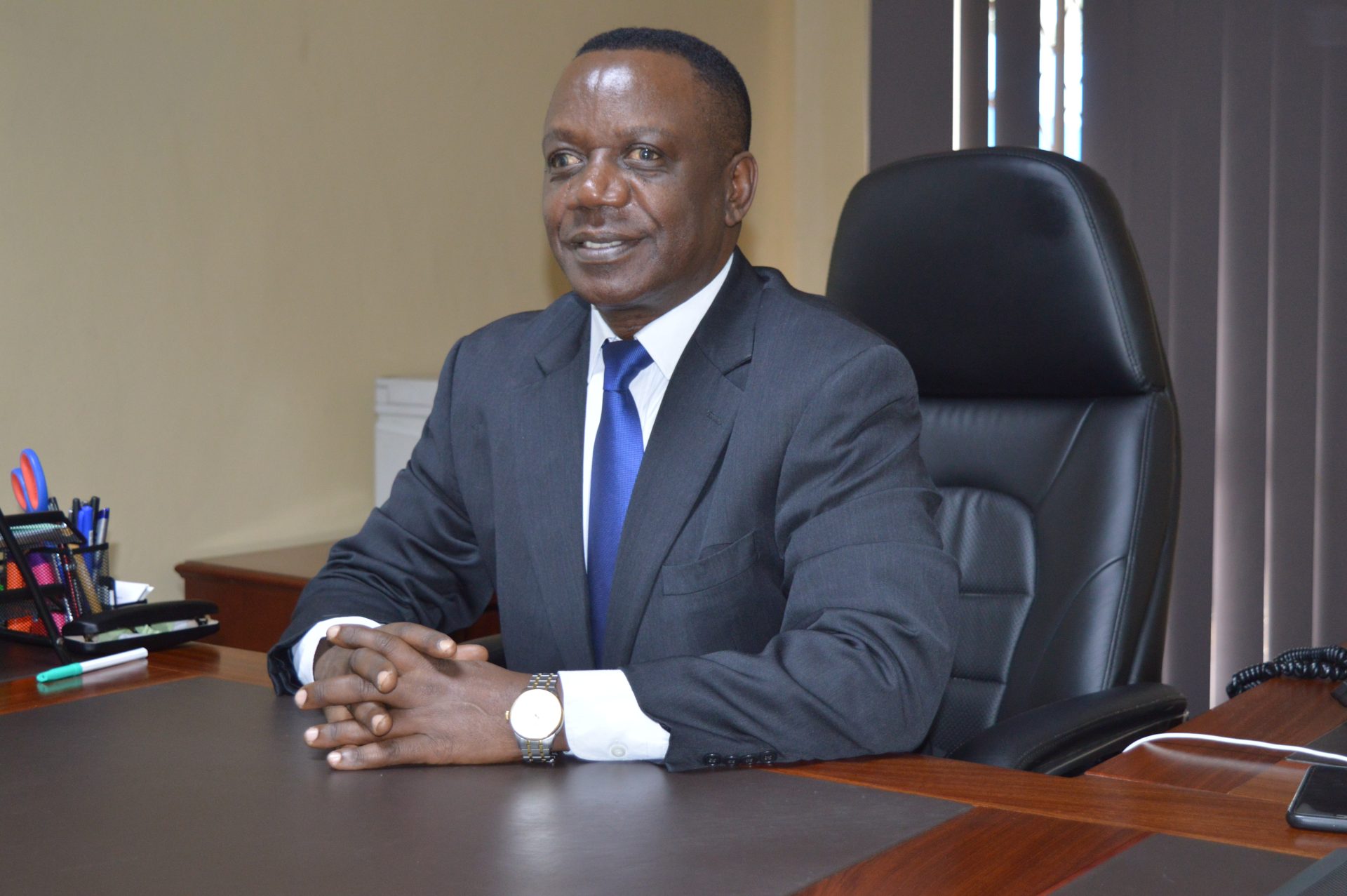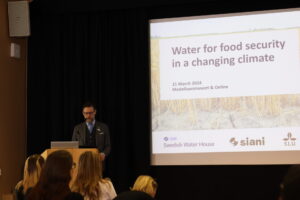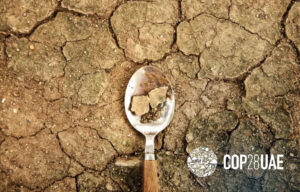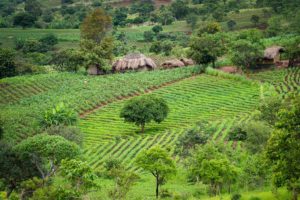What is greenwater? Why must governments in Africa invest in it, and what steps are they currently taking? What can we expect at the Zambezi Rainfed Agriculture Investment Forum in Botswana this August?
Felix Ngamlagosi is the Executive Secretary of the Zambezi Watercourse Commission (ZAMCOM) Secretariat. He oversees the operations, develop strategic thinking and implementation of the strategic decisions of the Secretariat. In this interview, he responds on key steps that governments must take to attract finance to rainfed agriculture.
When we speak of green water investments, how do you relate to it as a member of the government?
From a policy perspective, green water is vital and one of the largest freshwater resources primarily used in situ by plants. Unlike rivers and lakes which are mostly managed by institutions and governments, greenwater is managed by farmers, foresters, pastor developers and rangeland users.
Smallholder farmers in Africa play a crucial role as frontline water managers, particularly in reducing runoff and enhancing water resources. Hence, investing in green water cannot be underestimated.
And how can policy interact with green water?
With the increasing impact of climate change, there is a pressing need for governments to invest in and promote greenwater management. This requires the development of knowledge products for effective farming and land-water management. Additionally, governments should invest in skills dissemination to empower farmers and foresters.
However, there are budget limitations and so, ZAMCOM has engaged with other development partners. An example is the memorandum of understanding signed with SIWI to collaborate on the TIARA project to attract finance towards climate smart practices in rainfed agriculture. This project will run from 2022 to 2025.
You mention the lack of resources. Whose role is it specifically to attract finance in rainfed agriculture?
It is a core responsibility of the governments of the Zambezi Water Course. Collaboration with development partners is necessary due to the substantial resource requirements for investing in the riparian states.
However, the private sector has a very significant untapped investment potential which can make a major contribution to agricultural investments in the region. To achieve this, governments must implement policy decisions to create an investment-friendly climate in the agricultural sector. This involves stable and transparent policies, promoting local agricultural products, and addressing basic infrastructure needs such as transport, storage systems, and access to energy facilities.
Moreover, the government’s role is crucial in providing essential services like food safety, inspection, research, agricultural education, and extension services. Investing in information and communication technologies, weather and soil condition monitoring, and disseminating low-cost technologies for improving productivity are also vital steps to attract more private sector investment. Ultimately, it falls upon the government to create an environment conducive to private sector participation and investment in the region.
Some of the investments can also come from public funds and not necessarily only the private sector.
How do you view the future of green water investments and what would be your message?
The potential for rainfed agriculture in Africa and the Zambezi region is enormous, with governments implementing policies to create a friendly environment for private sector investments.
The private sector is actively encouraged to participate.
Both governments and regional institutions like ZAMCOM and SADC are investing in knowledge products and disseminating essential skills to empower farmers to tap into the untapped business potential of rainfed agriculture, despite the challenges of climate change. These technologies and knowledge will enhance climate resilience, for farming to continue being productive and profitable.
What do you think expect as the outcome to be at the Botswana Investment Forum that will happen in August?
The Zambezi Rainfed Agriculture Investment Forum in Gabarone, Botswana, from 8th to 9th August, is a landmark initiative by ZAMCOM in collaboration with SIWI, GWP Southern Africa, and CIFOR-ICRAF. The Forum aims to attract finance from various institutions, including the private sector, to support rainfed agriculture in Africa.
It is going to be a key moment to help close the water investment financing gap, which is estimated to be between 11 to 20 billion per year until 2030, according to the African Union Heads of State Declaration 2021.
We expect finance commitments to be mobilised to support small holder farmers to increase their crop yield and improve resilience to climate change.
